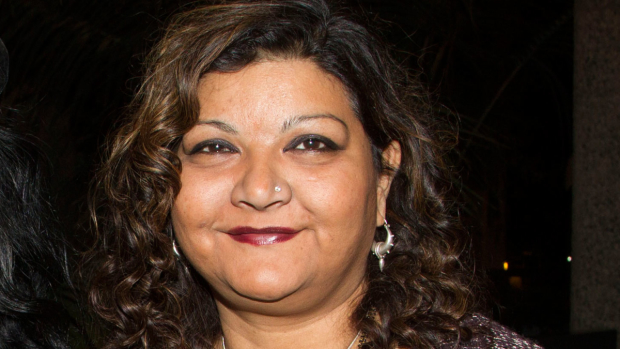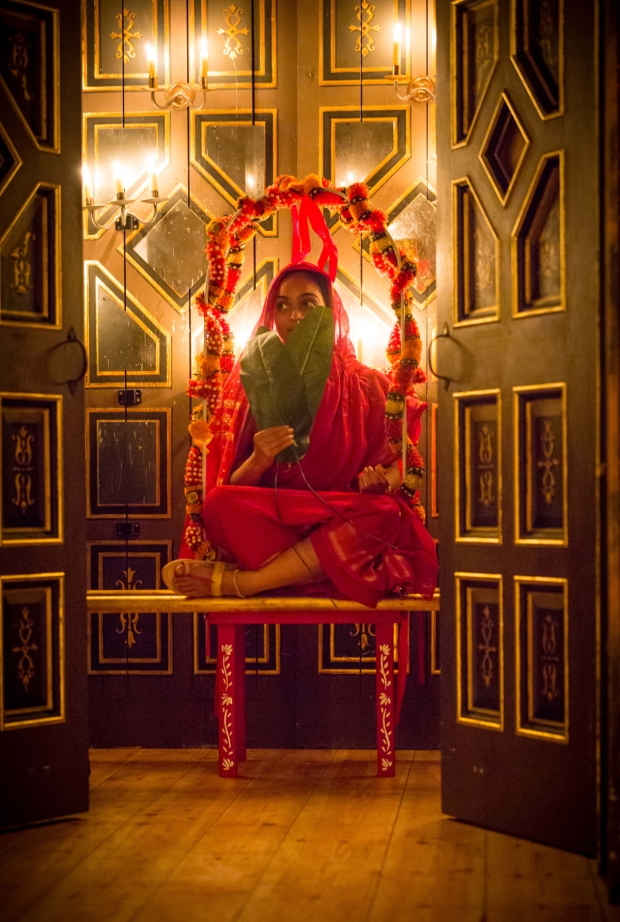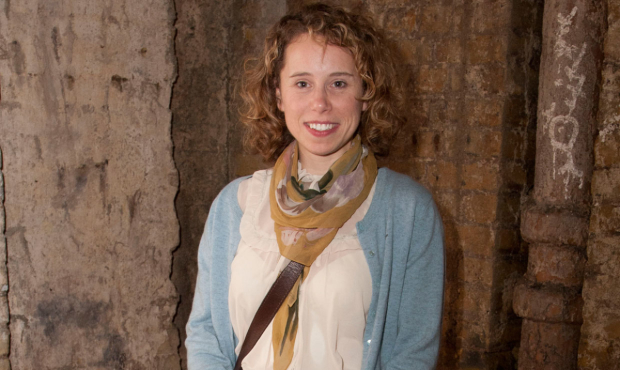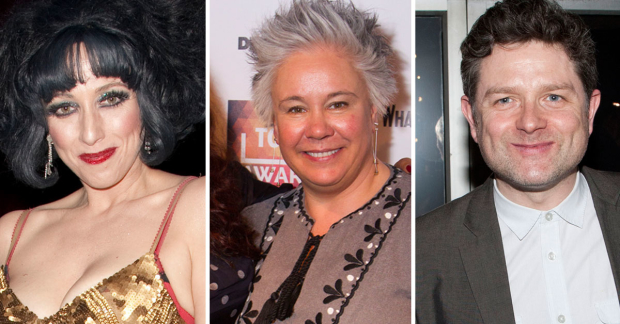Tanika Gupta: 'My great uncle's remarkable story made me want to write'

© Dan Wooller
Tanika Gupta‘s plays have been performed all over the UK from the RSC to Birmingham Rep to the Royal Court. She’s written new musicals (Wah Wah Girls) and last year was dramaturg on Emma Rice’s production of A Midsummer Night’s Dream. As well as theatre, she has written many episodes of Grange Hill, Crossroads, EastEnders and was awarded an MBE in 2008. Her new play Lion and Tigers, her most personal yet, follows the story of her great uncle Dinesh Gupta, who was hanged by the British in 1931 in Calcutta after shooting dead the Inspector General of Prisons as part of the movement for Indian independence.
The play is being staged in the candlelit Sam Wanamaker Playhouse, did you know it would be in there when you were writing it?
No, I wrote the play years ago and only sent it to Emma a year ago. She said let’s put it on at the Playhouse. So the play has had to adapt a little to the space. It’s a bit strange with all the candles, I’ve never worked on a play where you’ve got a candle technician. It has been a wonderful experience.
Dinesh Gupta was your great uncle, how did you hear about him?
He’s my grandfather’s – my father’s father’s – youngest brother. We grew up with stories about this dashing young revolutionary who was hanged by the British when he was 19 years-old. My grandfather died when he was 93 and he never stopped talking about it. He lived in India, so it’s not like I saw him often, but when I did, he always spoke about Dinesh.
What did Dinesh do exactly?
It was 1930 when he and his two friends broke into the Writers’ Building in Calcutta. They were part of an organisation called the Bengal Volunteers – like the Irish Volunteers – and they broke in and shot and killed the Inspector General of Prisons. This man was responsible for the torture of political prisoners, so he was deliberately targeted. Once they shot him they couldn’t get out, so one of his friends – he was 18 – took cyanide and died immediately. The other friend shot himself and died and Dinesh also shot himself but the bullet got stuck behind his ear. The British operated on him, took the bullet out and he survived. Six months later they hanged him.
He was the only survivor?
Yes, so for him he felt he had failed.
How have you managed to get a sense of the man in Lions and Tigers?
My family have the letters Dinesh wrote from prison. I grew up with these letters, but it was only about three years ago that I got them properly translated into English. They are extraordinary. There was a whole story that I didn’t even know about. Beautiful letters to his sister-in-law talking about monsoon weather and comparing Shakespeare with Tagore. He wasn’t allowed to write anything political, because everything was censored. He was so well read, he puts 19 year-olds today to shame, quite frankly.
Was your great uncle the main reason for writing this play?
Yes, but it’s also a part of Indian history that I really wanted to talk about. I’m slightly cross with the fact that our sense of independence is couched around the film Gandhi. Not taking away from the film, which is fantastic, but there’s this completely other side to the story which is that young teenage boys and girls were fired up and who thought the only way of getting rid of the British was by killing them. Ultimately the play is about Gandhi’s civil disobedience versus violent insurrection and how each couldn’t have succeeded without the other.
So when did you first start writing the play?
I’ve been trying to write it for many years. The first time I read the letters was when I was about 19. They are so beautiful and I was so taken by the fact that this guy was the same age as me. I think it was what inspired me to start writing. So I kept trying to re-write it and in the meantime my career took off. I could never quite get it right. I think partly that was because I was in awe of him and I didn’t want to write something that was against him. Now I’m older I don’t care as much – I just know I need to get a good story out.
This is the first of your plays to be put on at Shakespeare's Globe, what’s it been like?
I am only here because Emma is here. I was dramaturg on A Midsummer Night’s Dream. I am not sure I’ll ever be back again, but I’ve worked with her on three different projects. I had never even stepped into the Globe before she was here. It wasn’t that I didn’t like Shakespeare, I loved Shakespeare, but it has always felt like a bit of a tourist venue to me. Whereas now I am finding it wonderful. The drama department are wonderful, the teams are so experienced and the candle technicians are amazing.
Lions and Tigers is at the Sam Wanamaker Playhouse until 16 September.













